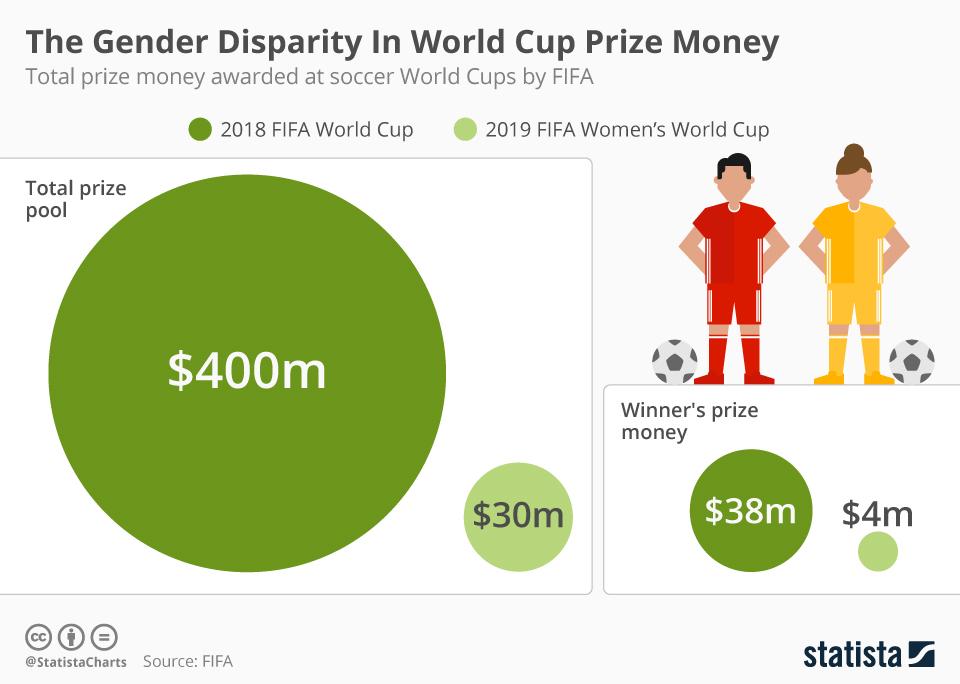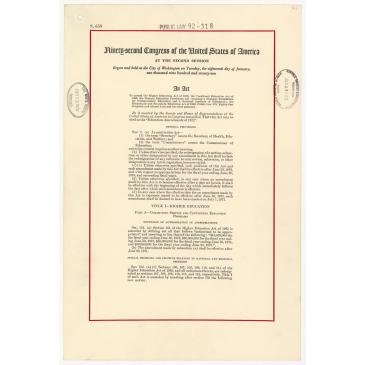
Women's World Cup
The first recorded soccer match that involved women was in 1628. The first unofficial women's world cup occurred in Italy in 1970. In 1991, FIFA held "The First FIFA World Championship for Women" where games were only 80 minutes. It wasn't until 1995 that the first official, FIFA-sponsored Women's World Cup happened. Over the past 30 years, women's soccer has grown in numbers and popularity. Yet women's soccer players are still treated unequally to their male counterparts. They receive less pay, less support, and less prize money.
To recognize the 2023 Women's World Cup, the National Women's History Museum has put together the following resource page. Included on this page are links to NWHM content on women's soccer and women in sports as well as links to external sources to learn more.
"It takes a belief, it takes a determination, and it takes hard work. It takes a trust and it takes a vulnerability with each other to show up in that way, and to be able to kind of lay it out all on the line all the time."
Megan RapinoeU.S. National Women's Team and soccer star
History of the Women's World Cup
The following links will lead you to great overview histories of women in soccer from external sources:
- The National Football Museum put together this "fascinating history of the women's world cup" online.
- Louise Taylor of The Guardian wrote a good overview history in the 2019 article "From pink goalposts to blue plaques: a history of women's football."
Pay Equity and the Women's Soccer
The following links will lead you to great overviews of the ongoing push for pay equity, equal support, and equal facilities in women's soccer, particularly with the U.S. Women's National Team:
- There are two documentaries on HBO related to women’s soccer: “LFG: Equal Play. Equal Pay” (about the US women’s team’s search for pay equity) and “Angel City” about the LA women’s soccer team.
- Megan Rapinoe gave an interview to NPR's Fresh Air about the ongoing fight for pay equity.
- The BBC wrote an article on women's unequal treatment in World Cup qualifiers in June 2023 and The Conversation has an article on pay inequity.

You can find out more about the U.S. Women's Soccer Team competing in the 2023 FIFA Women's World Cup in this article from Time Magazine.
NWHM has lesson plans related to women in sports!
re—inc: The story of a company founded by four US Women’s National Team soccer players seeking to challenge norms and inspire lasting progress.
Women, Education, Sports, and Title IX
Breaking Barriers: Women’s Basketball Documents
Thinking Historically: The Evolution of Women’s Athletic Wear
Infographic: Breaking Records
NWHM has programming on women in sports for on-demand viewing!





